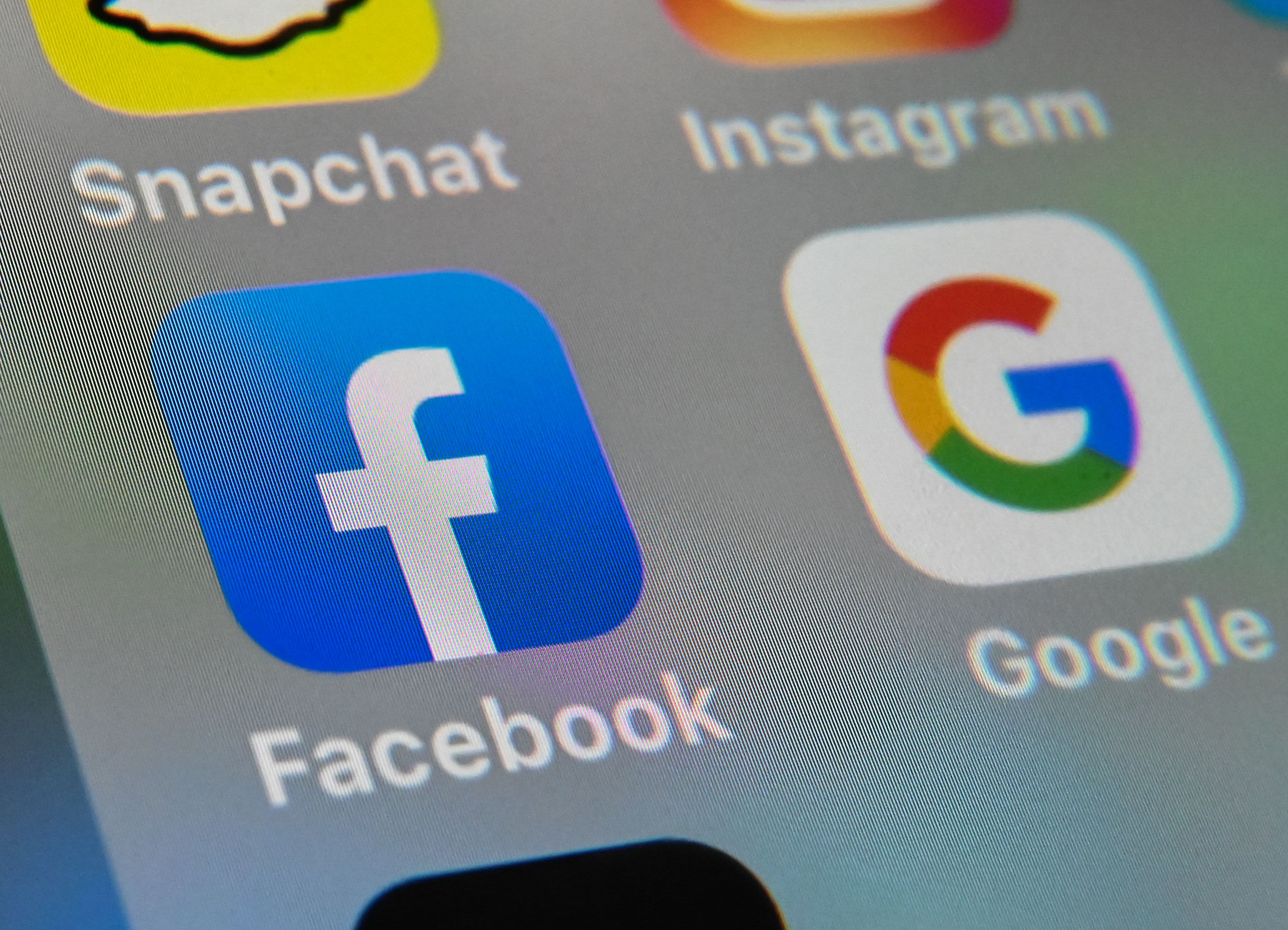Facebook starts rolling out Facebook News to UK users and paying publishers for content

The logos of Facebook and Google apps displayed on a tablet.
Denis Charlet | AFP via Getty Images
LONDON — Facebook announced it will start rolling out its Facebook News product in the U.K. on Tuesday, and will pay publishers for their content.
Facebook News is a dedicated section within the Facebook app that features curated and personalized news from hundreds of national, local and lifestyle publications.
The product, which competes with Apple News, launched in the U.S. last June and the U.K. is the second country to get access to it.
Facebook claims the product delivers “informative, reliable and relevant news” to users “while also highlighting original and authoritative reporting on pressing topics.”
Jesper Doub, Facebook’s European director of news partnerships, said in a blog post on Tuesday: “This is the beginning of a series of international investments in news.”
He added: “The product is a multi-year investment that puts original journalism in front of new audiences as well as providing publishers with more advertising and subscription opportunities to build sustainable businesses for the future.”
Facebook announced the U.K. launch of Facebook News in November, saying it would feature content from media partners including Conde Nast, Hearst, The Economist, and Guardian Media Group.
On Tuesday, Facebook said it has now signed up Channel 4 News, Daily Mail Group, DC Thomson, Financial Times, Sky News and Telegraph Media Group.
Some content that is normally behind a paywall is free to view on Facebook News, which is expected to launch in more countries this year.
“We’ll continue to learn, listen and improve Facebook News as it rolls out across the U.K. and into other markets, including France and Germany, where we are in active negotiations with partners,” said Doub.
Tech giants like Facebook and Google are under increasing pressure to pay media companies for their content.
A Facebook spokesperson told CNBC that the company will pay certain U.K. publications to feature their content in Facebook News, but he was unable to reveal how much.
“We will pay some publishers to participate in Facebook News,” he said. “We’re paying for content which is not already on the platform in order to achieve a diverse set of coverage across a range of topic areas.”
He added: “Monetization for the majority of publishers appearing in Facebook News will be similar to monetization via other Facebook tabs, from referral traffic to your sites or ads in Instant Articles, pushing people to hit a paywall.”
Google’s battle
Last week, Google signed a deal to pay French publishing companies and news agencies for their content.
The agreement comes after several months of talks between Google France and the media groups, which are represented by France’s Alliance de la Presse d’Information Generale lobby.
Google said it would negotiate individual licenses with members of the alliance that cover related rights and open access to a new mobile service from the company called News Showcase.
The search giant said last year that it would pay news publishers for the first time, a change of tack from the internet giant which for years had refused to do so. The company agreed to a raft of initial deals in Germany, Australia and Brazil, and now appears to be extending that to France.
But when the Australian Government proposed a new law that would force Google and Facebook to pay news publishers for the right to link to their content, Google threatened to pull its widely used search engine from the country.
“Coupled with the unmanageable financial and operational risk if this version of the Code were to become law, it would give us no real choice but to stop making Google Search available in Australia,” Mel Silva, managing director for Google Australia and New Zealand, told a senate committee last week.
Scott Morrison, the Australian prime minister, told a press conference “we don’t respond to threats.”
— Additional reporting by CNBC’s Ryan Browne.

